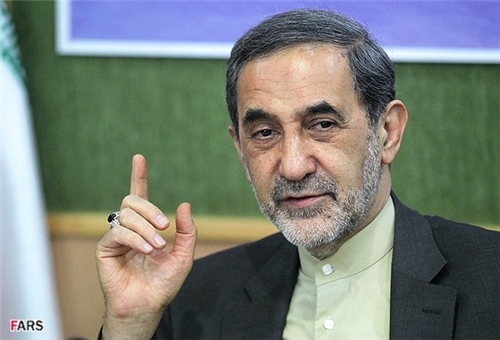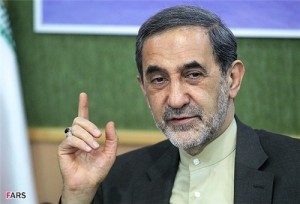Leader’s Aide Hails Positive Trend of Iran-G5+1 Talks

Supreme Leader’s Advisor for International Affairs Ali Akbar Velayati voiced satisfaction with the trend of the Geneva talks between Iran and the six world powers.
“The negotiating team was fully experienced in the international negotiations and properly served the country’s national interests,” Velayati said on Friday.
“The negotiating team seeks to protect the nuclear rights of the Islamic Republic of Iran and to lift the sanctions,” the Supreme Leader’s advisor added.
Iranian Foreign Minister Mohammad Javad Zarif is scheduled to go to the parliament next week to present a report on his recent nuclear talks with the Group 5+1 (the five permanent UN Security Council members plus Germany).
Iran’s Deputy Foreign Minister for Consular, Parliamentary and Iranian Expatriates Affairs Hassan Qashqavi said Wednesday that Zarif will brief the Parliament’s National Security and Foreign Policy Committee on the Geneva nuclear talks on October 27.
Zarif was scheduled to present a report on Geneva meeting to Iranian lawmakers this week, but the program was cancelled due to his back pain.
Iran and the six world powers agreed in their third session of talks on October 15 to follow up on the nuclear negotiations on November 7 and 8.
At the end of the negotiations, EU Foreign Policy Chief Catherine Ashton hailed the nuclear negotiations as the “most detailed” and most “substantive” ones ever held between the two sides.
Washington and its western allies accuse Iran of trying to develop nuclear weapons under the cover of a civilian nuclear program, while they have never presented any corroborative evidence to substantiate their allegations. Iran denies the charges and insists that its nuclear program is for peaceful purposes only.
Tehran stresses that the country has always pursued a civilian path to provide power to the growing number of Iranian population, whose fossil fuel would eventually run dry.
Despite the rules enshrined in the Non-Proliferation Treaty (NPT) entitling every member state, including Iran, to the right of uranium enrichment, Tehran is now under four rounds of UN Security Council sanctions and the western embargos for turning down West’s calls to give up its right of uranium enrichment.
Tehran has dismissed West’s demands as politically tainted and illogical, stressing that sanctions and pressures merely consolidate Iranians’ national resolve to continue the path.
Tehran has repeatedly said that it considers its nuclear case closed as it has come clean of the International Atomic Energy Agency (IAEA)’s questions and suspicions about its past nuclear activities.








